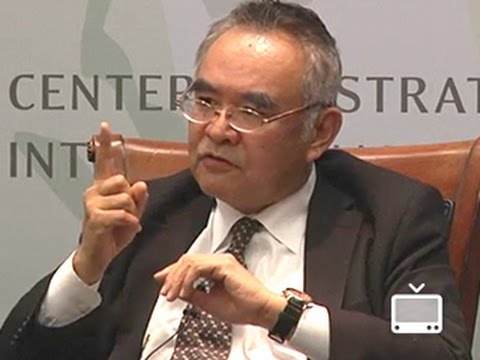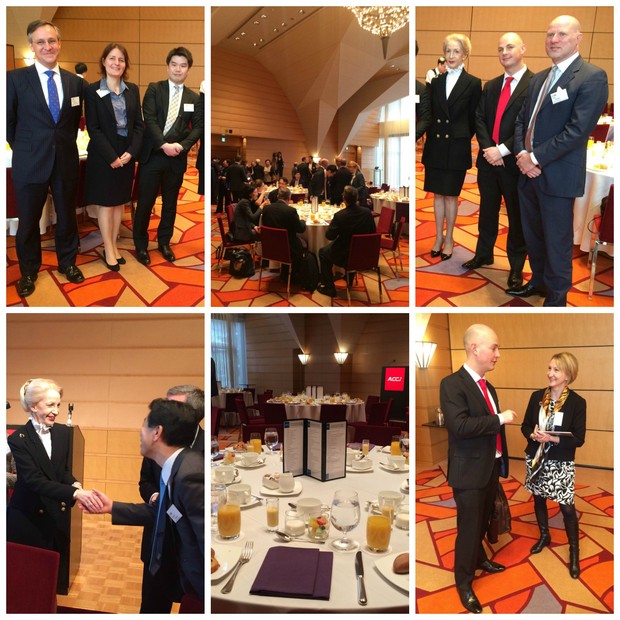Comment by Nicholas Benes at BDTI: The foreign press often tends to focus on each of these scandals as if they expose significant flaws in a recently installed set of governance “best practices” that in fact, is just now gathering momentum and evolving in Japan. However, the foreign press rarely specifies exactly what additional changes are needed, which is not easy to do. What the recent scandals most directly reveal, is flaws in the corporate culture of particular firms. It is my own view that the combination of: (a) the content of the new practices (and upcoming reforms) (b) the degree to which they are sincerely deployed; and (c) the extent to which companies use external training to spread essential knowledge and awareness in the ranks, all affect the extent to which boards can effectively focus on “managing” and improving their own corporate culture.
”TOKYO, May 3 (Reuters) – A spate of high-profile scandals at leading Japanese companies show reforms and rhetoric aimed at improving the country’s corporate governance do not go far enough to unwind the culture of secrecy and hierarchy that plagues Japan Inc.



